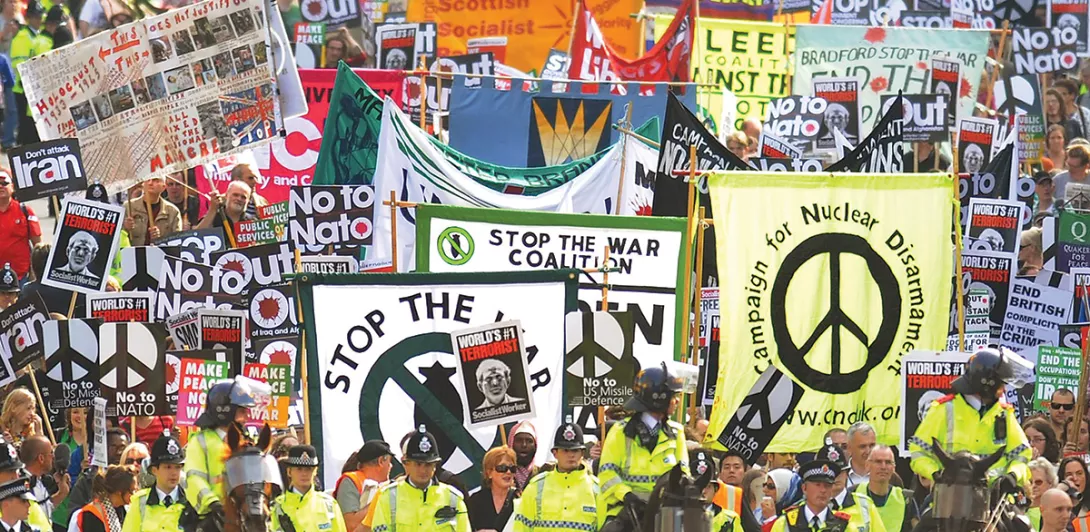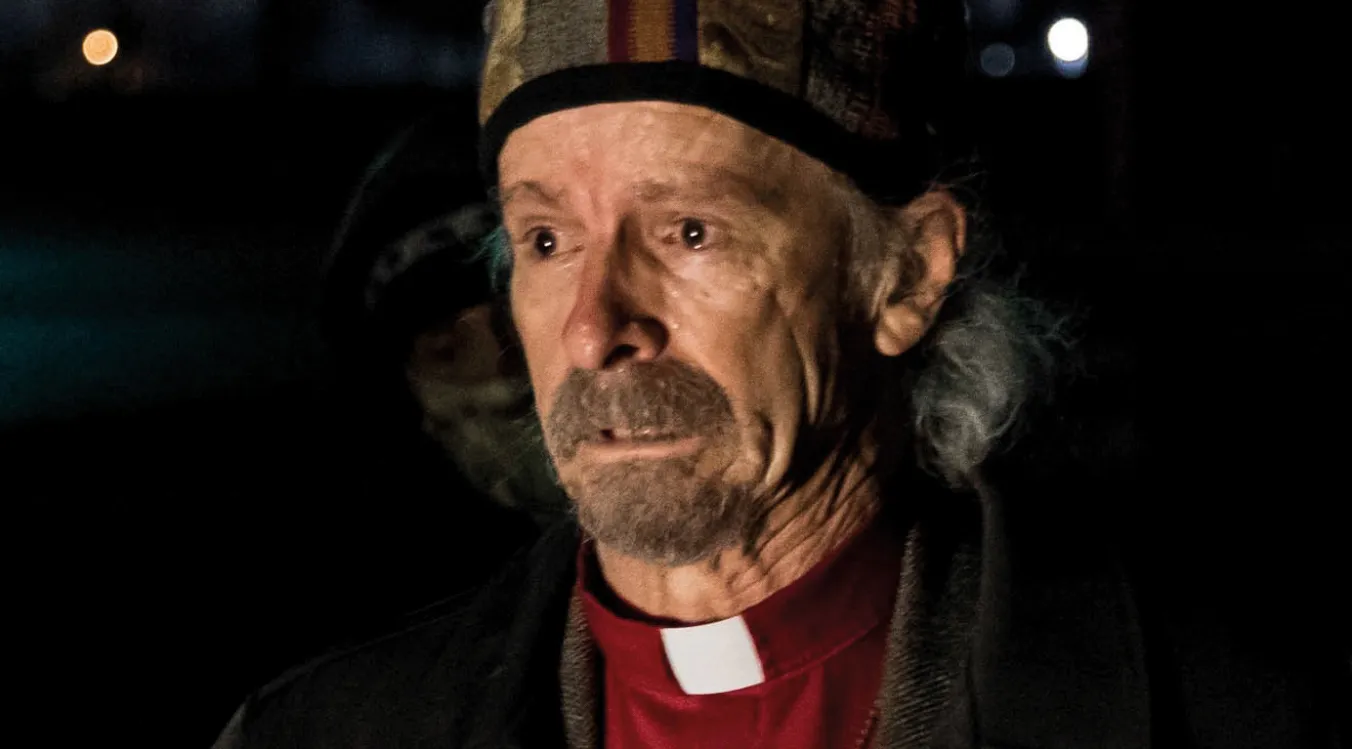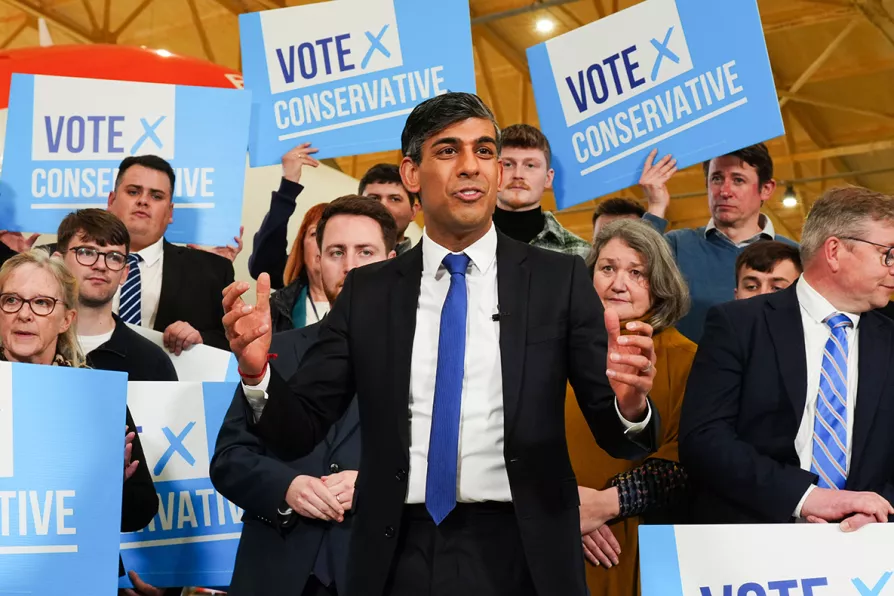VIJAY PRASHAD examines why in 2018 Washington started to take an increasingly belligerent stance towards ‘near peer rivals’ – Russa and China – with far-reaching geopolitical effects
British foreign policy: the elite v the public
Statistics show conclusively that the majority of Brits have repeatedly frightened the Establishment by consistently opposing military adventurism abroad, writes IAN SINCLAIR

TWO polls published earlier this month make interesting reading.
Asked by YouGov “Do you think the UK was right or wrong to take military action in the following wars…?”, just 26 per cent of respondents answered it was right to take military action in the 1991 Gulf War, 29 per cent in Kosovo in 1999, and only 20 per cent in Afghanistan and 16 per cent in Iraq in 2003, while 48 per cent and 54 per cent said it was wrong to take military action in Afghanistan and Iraq, respectively.
Another poll by Focaldata for news and opinion website Unherd found 44 per cent of respondents thought Britain should be less engaged in overseas conflicts, compared to just 7 per cent who said the nation should be more engaged.
More from this author

IAN SINCLAIR tells the story of a small group of east London activists who took on and defeated a billion-dollar US corporation that wanted to build a giant sphere venue coated in gaudy LED lights

The media’s shocking lack of interest in US-British involvement in Syria means it has effectively been a secret war, argues IAN SINCLAIR

New releases from Ghais Guevara, Kim Deal and Hardwicke Circus

Ian Sinclair talks to BILL BREEDEN, a retired Unitarian Universalist minister living in southern Indiana, and a longstanding opponent of the death penalty in the United States
Similar stories

The British press has welcomed Keir Starmer’s new National Security Adviser without any mention of his deep, central involvement in the criminal invasions of Iraq and Afghanistan — but history remembers, writes IAN SINCLAIR

DIANE ABBOTT takes down the attempts by the Tories to distract from their abysmal handling of the economy and public services by making one last desperate pitch to be the party of ‘defence’ by banging the drum of war

When a government seems impossible to influence over an issue as life-or-death as war, it can lead those people left unheard to creative non-violent direct action — or to deadly brutality, warns IAN SINCLAIR










